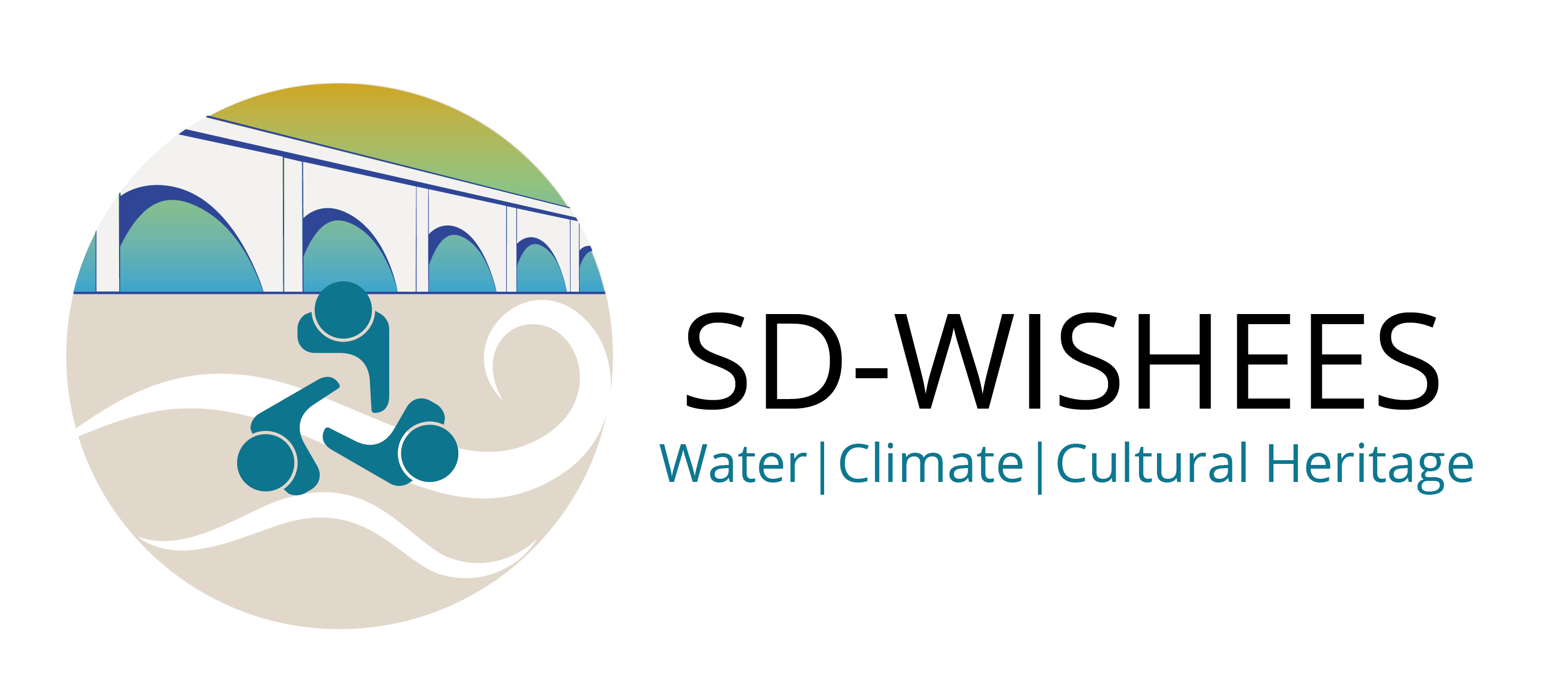PENATE
PENATE assesses Nature-Based Solutions for urban climate adaptation through multi-scale evaluation tools and digital simulations.
The PENATE project aims at assessing the performance and effectiveness of Nature-Based Solutions (NbS) as a tool for adapting urban environments to climate change. To achieve this, it proposes to develop multi-scale, multi-criteria, context-specific, and evolving evaluation tools and methods for local authorities.
The project relies on a multidisciplinary consortium (including expertise in hydrology, microclimatology, ecology, public policy, and law), comprising both research organizations and operational entities. It also encompasses four pilot sites where NbS are currently being monitored. The project focuses on the following key issues: urban heat islands mitigating, stormwater and flooding management, quality of life enhancement, while ensuring ecological continuity within the territories.
To achieve these goals, PENATE intends to: (i) study and understand the constraints (legal, institutional, technical) associated with the implementation of various regulatory/strategic documents and how NbS can address them, (ii) establish connections between the intrinsic properties of vegetation and their impact on thermo-hydraulic processes in NbSinfrastructure (using a functional traits-based approach), and (iii) have digital tools capable of simulating the multifunctionality of NbS and assessing their performance across the various scales of a complex territory.
The outcomes of PENATE are intended to facilitate the mainstreaming of NbS through the implementation of regulatory documents such as Local Urban Development Plans (PLUi), Climate Air Energy Plans (PCAET), or the Zero Net Artificialization (ZAN) objective by providing to local authorities a dedicated territorial diagnosis and decision support tool for land-use planning in general and the implementation of NbS in particular.
Pierre-Antoine Versini
Pierre-Antoine Versini is a Research Director at the Hydrology, Meteorology, and Complexity Laboratory of the École Nationale des Ponts et Chaussées (HM&Co-ENPC). His work focuses on adapting cities and territories to the consequences of climate change, primarily addressing issues related to hydrology, microclimate, and biodiversity.
For over a decade, he has participated in and developed research programs centered on leveraging Nature-Based Solutions to tackle these challenges through an interdisciplinary, multi-physics, and multi-scale approach. This includes projects such as ANR EVNATURB (2018-2022) or LIFE ARTISAN (2019-2027).
He is currently the coordinator of the French ANR PENATE (2025-2029) involved in the TAP action. Since 2024, he has also served as the scientific lead for the Fresnel multi-scale geophysical observation platform in the Île-de-France region, developed at ENPC. This platform integrates innovative scientific equipment and advances in hydrological modeling, including the Multi-Hydro model and multifractal techniques.


©2025 CNR, All Rights Reserved.
